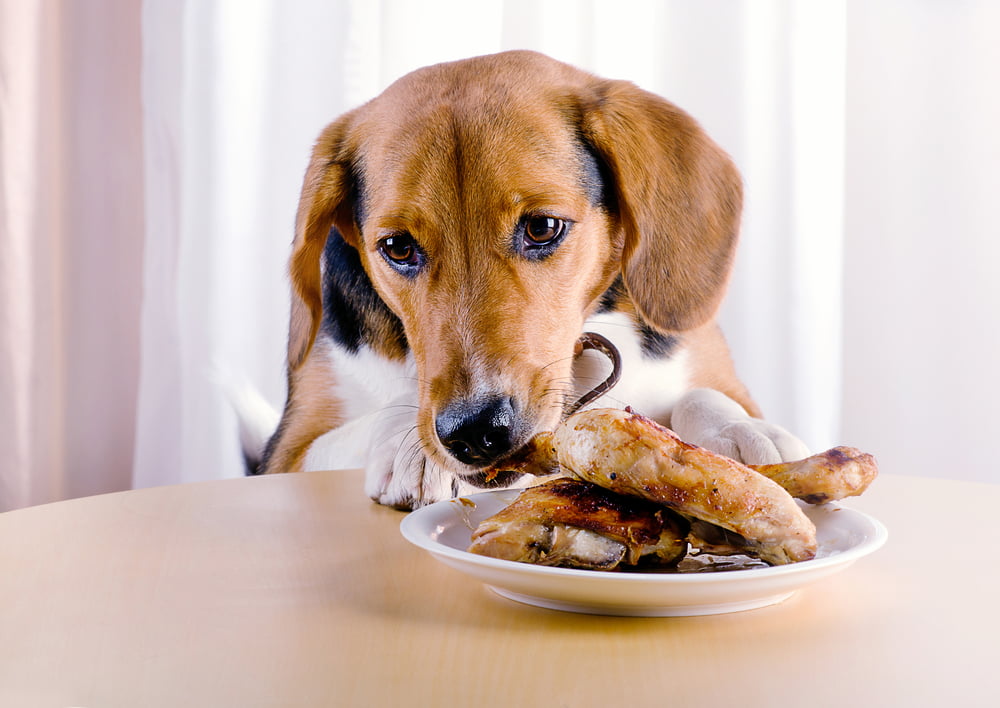As a dog owner, few things are more worrying than seeing your furry friend clearly uncomfortable but not knowing how to help. A dogs belly upset is one of the most common health issues pet parents face, characterized by symptoms like vomiting, diarrhea, and general lethargy. Whether it’s from scavenging something they shouldn’t have or a sudden change in diet, stomach discomfort can leave both you and your pup feeling helpless. This comprehensive guide will help you understand the signs, causes, and safe remedies for upset stomach in dogs, empowering you to provide comfort and know exactly when to seek professional veterinary care.

What Are the Common Signs of a Dog’s Upset Belly?
Recognizing the signs of a dog upset stomach is the first step toward providing relief. An upset belly in dogs can show up several ways. Common signs include vomiting, diarrhea, decreased appetite, drooling, abdominal discomfort (whining, curled posture), excessive gas, licking lips, and lethargy. Some dogs will also show behavioral signs — pacing, restlessness, or refusing treats. Tracking the timing, frequency, and appearance of vomit or stool helps your vet determine likely causes.
Pay special attention to red flags: blood in vomit or stool, repeated vomiting (multiple times in 24 hours), severe abdominal pain, bloating (a distended abdomen), weakness or collapse, and signs of dehydration (dry gums, skin tenting). These symptoms can indicate life-threatening conditions such as hemorrhagic gastroenteritis, intestinal blockage, pancreatitis, or bloat (GDV) and require immediate veterinary attention. For mild single episodes where the dog is otherwise bright and drinking water, monitoring at home may be reasonable.
What Usually Causes an Upset Stomach in Dogs?
Understanding what causes upset stomach in dogs can help you prevent future episodes and make informed decisions about treatment. The causes range from minor dietary indiscretions to more serious medical conditions:
Common triggers include dietary indiscretion—the technical term for eating something they shouldn’t have. This could be garbage, spoiled food, table scraps, or non-food items. Sudden changes in diet without a proper transition period can also disrupt their digestive system.
Food allergies or sensitivities to specific ingredients may cause chronic stomach issues.
Other causes include intestinal parasites, bacterial or viral infections, ingestion of toxic substances (like certain plants, chemicals, or human medications), stress or anxiety, and more serious underlying conditions such as pancreatitis, inflammatory bowel disease, or organ dysfunction.
For many dogs, the cause is often simple scavenging behavior, but recurring episodes warrant veterinary investigation to rule out more serious health concerns.
When Should You Contact a Vet?
While many mild cases of dogs belly upset can be managed at home, certain symptoms require immediate veterinary attention. Recognizing these red flags could be crucial for your dog’s health:
If the dog vomits once but acts normal, you can usually monitor at home for up to 24 hours: remove food (but not water) for 8–12 hours, watch for continued vomiting, and offer small amounts of water or ice cubes. If vomiting stops and the dog remains bright, you can introduce a bland diet.
Additionally, seek professional care if home remedies don’t show improvement within 24 hours, if your dog becomes lethargic or weak, or if they show signs of dehydration (dry gums, loss of skin elasticity). When in doubt, it’s always safer to consult your veterinarian for proper dog upset stomach treatment.

What Home Remedies Can Help Settle a Dog’s Upset Belly?
If your vet confirms it’s safe to try home care (mild cases with no red flags), these steps often help an upset stomach in dogs:
When considering what to give a dog for upset belly, always start with small amounts to see how your dog tolerates it before offering more.If you’re unsure whether a home remedy is safe, check with veterinarian, especially with very young, old, or medically fragile dogs.
How to Prevent Future Upset Stomachs in Dogs?
Prevention focuses on managing diet, environment, and routine:
Routine vet checkups help catch chronic issues early. If your dog has repeated stomach upsets, a diagnostic workup (bloodwork, fecal testing, imaging) may be warranted to find an underlying cause.

Conclusion
Dealing with a dogs belly upset can be stressful for both you and your canine companion, but being prepared with knowledge and safe strategies makes a significant difference. Most mild cases resolve with simple home care like fasting and a bland diet, but knowing when to seek veterinary help is crucial. By understanding the common causes and implementing preventive measures, you can reduce the frequency of these uncomfortable episodes and ensure your dog maintains good digestive health. Remember that persistent or severe symptoms always warrant professional dog upset stomach treatment to ensure your furry friend receives the appropriate care they need.
FAQ
What can I safely give my dog at home for an upset stomach?
Small amounts of water, brief fasting (8–12 hours for adults), then a bland diet (plain boiled chicken and white rice or plain canned pumpkin) are common safe steps. Ask your vet before giving human meds; some pet-specific antinausea meds and probiotics are helpful when prescribed.
How long does it typically take for a dog’s upset stomach to improve with home care?
Many mild cases improve within 24–72 hours with rest, fluids, and a bland diet. If symptoms persist beyond 48–72 hours, worsen, or red flags appear (blood, repeated vomiting, dehydration), contact your vet promptly. Puppies and seniors can deteriorate faster and need earlier care.
Are there foods I should avoid giving my dog during recovery?
Avoid fatty, spicy, or seasoned human foods, dairy, raw meat, and treats high in fat. Also avoid foods toxic to dogs (xylitol, onions, garlic, chocolate, grapes). Stick to veterinarian-approved bland options until fully recovered.


